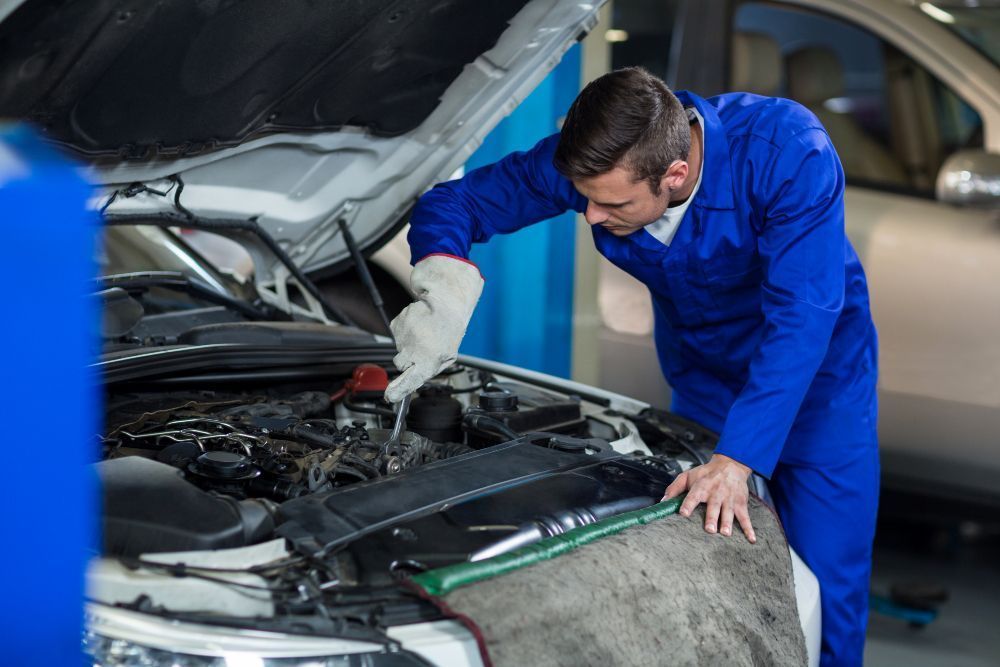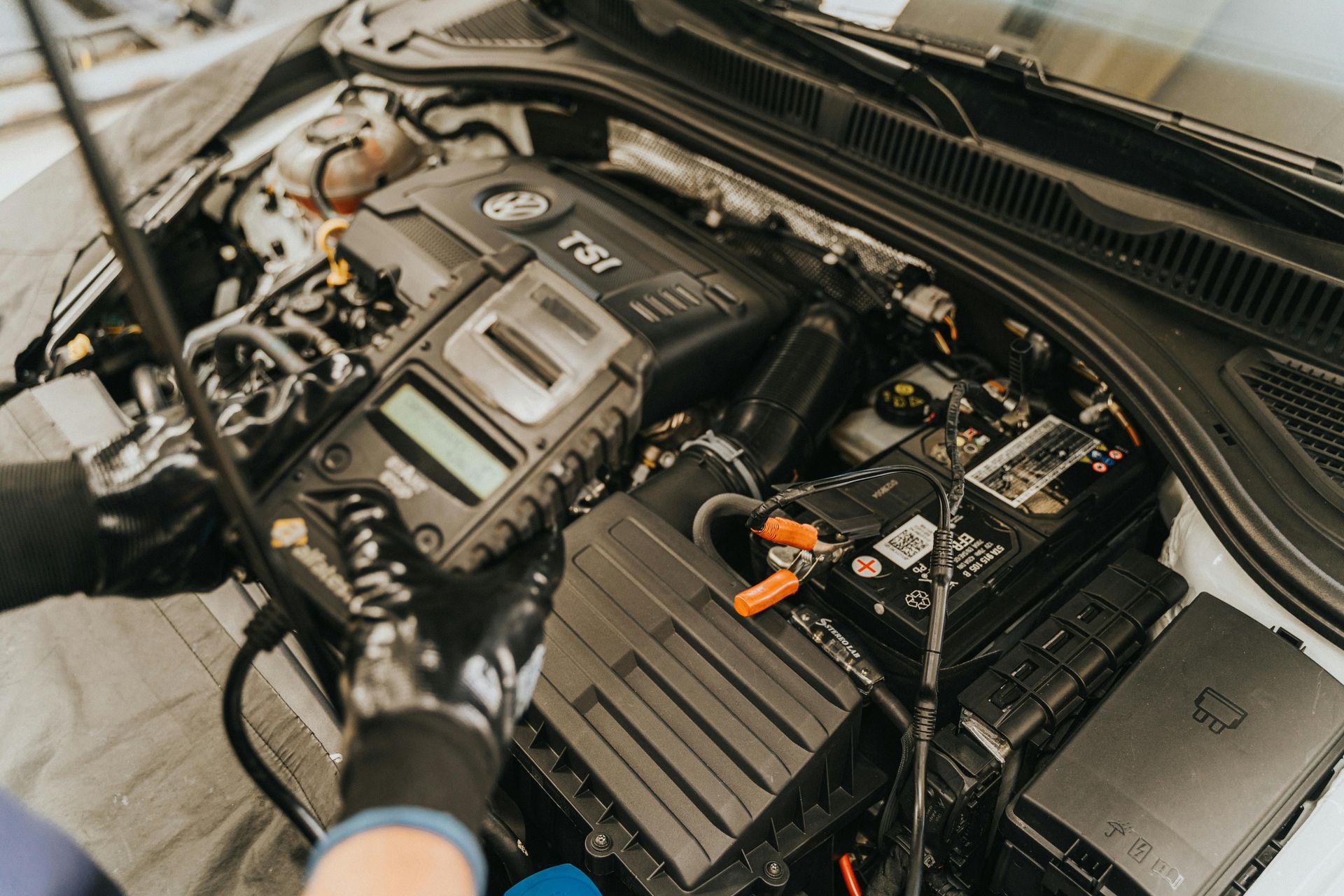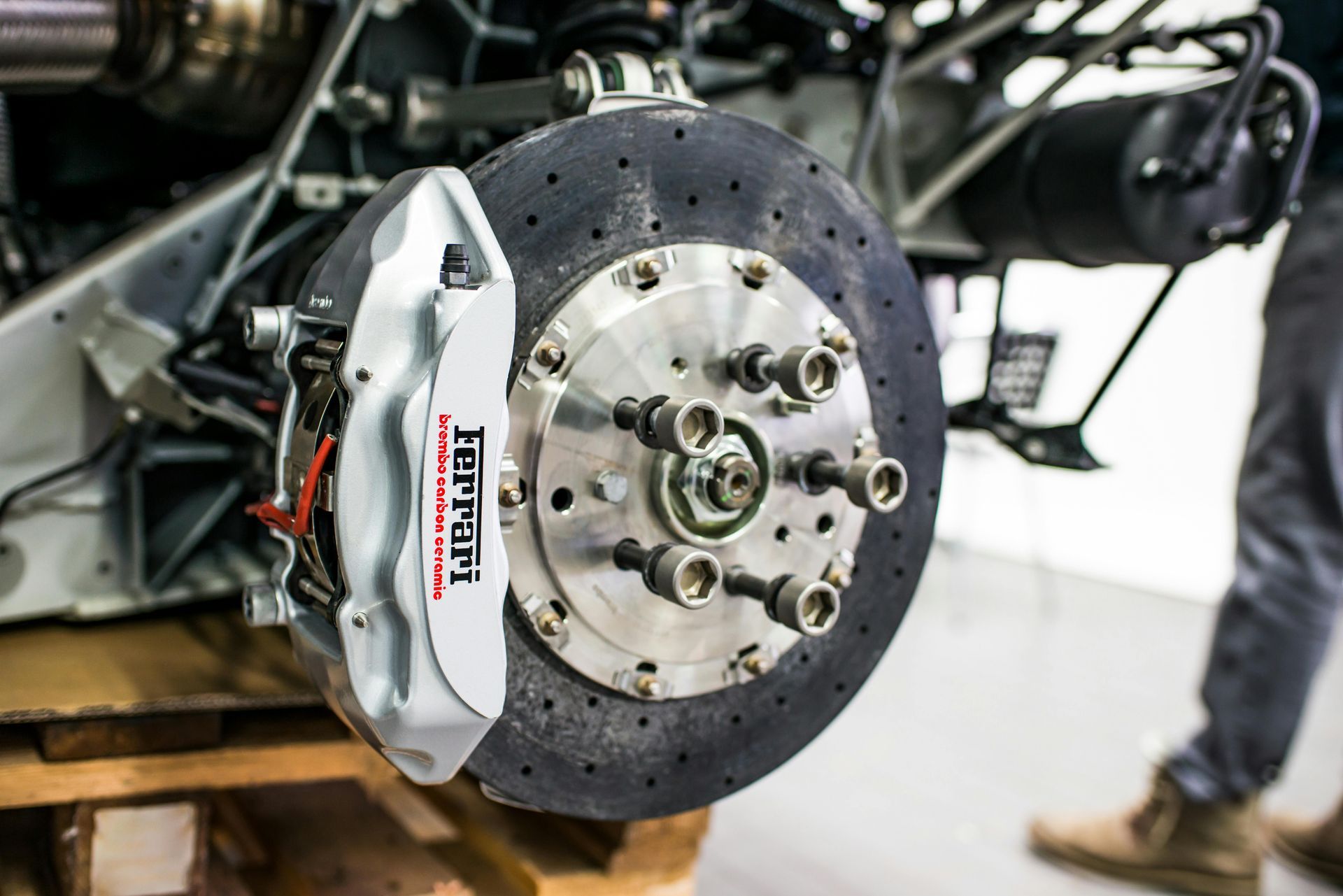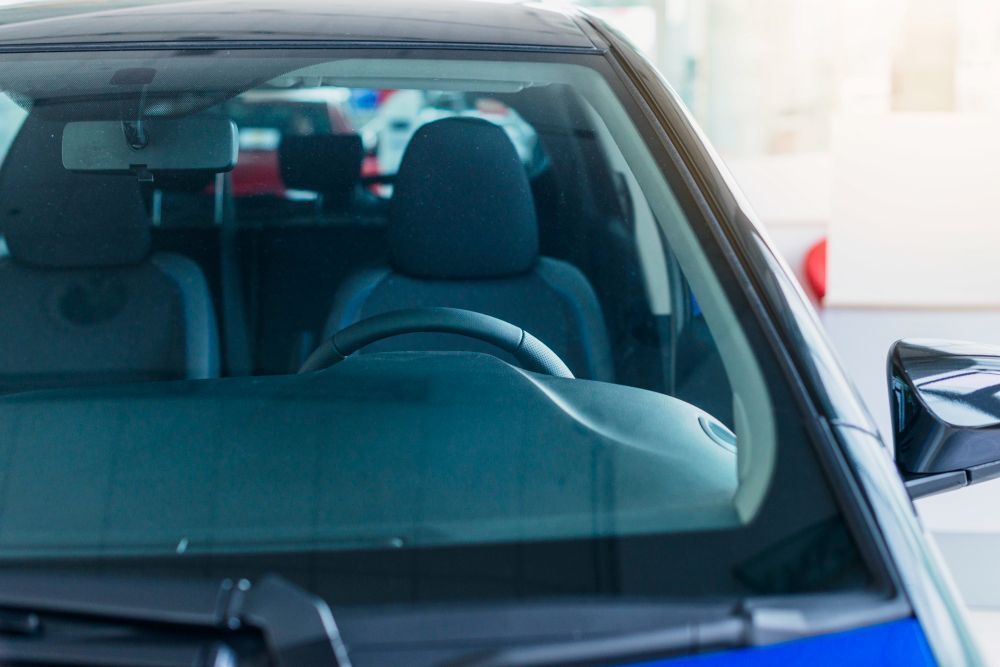Don't Ignore These Common Brake Problems
As a responsible car owner, it is essential to maintain the condition of your vehicle. Regular maintenance not only helps to prolong the life of your car but also ensures your safety on the road. While we often pay attention to the engine, tires, and other vital components of our car, we tend to overlook the condition of our brakes. However, ignoring common brake problems is not only risky but can also lead to costly repairs in the future.
In this blog post, we will discuss some of the most common brake problems that should not be ignored. With this information, you will be able to identify potential issues with your brakes and take necessary action to ensure your safety and the well-being of your vehicle.
Brake Fluid Leaks
One of the most common brake problems that car owners often ignore is a brake fluid leak. Brake fluid is crucial for the proper functioning of your brakes, as it helps to transfer the force from the brake pedal to the brakes. If there is a leak in the brake fluid, it can affect the responsiveness and effectiveness of your brakes, making it difficult to stop your car quickly.
Symptoms of a Brake Fluid Leak:
- Low brake fluid levels
- Spongy or soft brake pedal
- Dashboard warning light indicating low brake fluid
- Wet or oily spots near the wheels
Causes of a Brake Fluid Leak:
- Worn or damaged brake lines
- Cracked brake calipers or master cylinder
- Faulty wheel cylinders
- Loose or damaged brake fittings
If you notice any of these symptoms or suspect a brake fluid leak, it is crucial to have your vehicle inspected by a professional mechanic. They will be able to identify the source of the leak and repair it before it leads to more significant issues.
Worn Brake Pads or Rotors
Brake pads and rotors are critical components of your car's braking system. Over time, they wear down due to constant friction and need to be replaced. Ignoring worn brake pads or rotors can not only affect the performance of your brakes but also lead to extensive damage to other parts of your vehicle.
Symptoms of Worn Brake Pads or Rotors:
- Squealing, grinding, or screeching noise when braking
- Vibration or pulsating brake pedal
- Longer stopping distance
- Visible wear on the brake pads or rotors
Causes of Worn Brake Pads or Rotors:
- Normal wear and tear
- Hard braking or riding the brakes
- Poor quality brake pads or rotors
- Lack of maintenance
It is recommended to have your brake pads and rotors inspected every 12,000 miles and replaced if necessary. Regular inspections can help to identify and address any issues before they become more significant problems.
Brake Fluid Contamination
Over time, brake fluid can become contaminated with air, moisture, or debris, affecting its effectiveness. Contaminated brake fluid can also lead to corrosion or damage to your braking system, ultimately affecting your vehicle's safety.
Symptoms of Contaminated Brake Fluid:
- Black or discolored brake fluid
- A burning smell coming from the brakes
- Spongy or soft brake pedal
- Longer stopping distance
Causes of Contaminated Brake Fluid:
- Moisture or air entering the brake lines
- Old or dirty brake fluid
To prevent brake fluid contamination, it is essential to have your brake fluid flushed and replaced according to your vehicle's manufacturer's recommendations. Regular maintenance can help to ensure your brake fluid is clean and functioning correctly.
Brake Fluid Boiling
Brake fluid boiling, also known as vapor lock, can cause your vehicle's brakes to fail completely. When the brake fluid gets too hot, it turns into a gas, resulting in a loss of braking power. This can be a hazardous situation, especially when driving in hot weather or during heavy braking.
Symptoms of Brake Fluid Boiling:
- Spongy or soft brake pedal
- No brake response
- The brake pedal sinks to the floor
Causes of Brake Fluid Boiling:
- High temperatures
- Low-quality or old brake fluid
- Faulty brake calipers or master cylinder
To prevent brake fluid from boiling, it is essential to use high-quality brake fluid and to monitor its level regularly. If you notice any issues with your brakes, it is important to have them inspected immediately to prevent potential accidents.
Brake Noise
While some level of noise is normal when braking, excessively loud or unusual sounds should not be ignored. Brake noise can be an indication of underlying issues that need to be addressed to avoid costly repairs or accidents.
Types of Brake Noise and Possible Causes:
- Squealing or squeaking: Worn brake pads
- Grinding: Worn brake pads or rotors, metal-to-metal contact
- Knocking or clunking: Loose brake components
- Hissing: Air or moisture in the brake lines
If you notice any unusual noises coming from your brakes, have them inspected by a professional. Don't wait until the noise gets louder or the problem worsens.
Contact Us for Professional and Reliable Brake Repair Services in Baker City, OR
Neglecting common brake problems can put your safety at risk and lead to expensive repairs. At Paul's Transmission & Auto Repair, we understand the importance of maintaining your vehicle's braking system and are here to help. Our team of certified technicians has the expertise and experience to provide top-quality brake repair and maintenance services to keep you and your vehicle safe on the road.
Contact us today at (541) 523-6923 to schedule an appointment or to learn more about our services, including:
Make sure your vehicle's brakes are in top condition and don't ignore any potential issues. Trust us at Paul's Transmission & Auto Repair to keep you safely on the road!
FAQs
How often should I have my brakes inspected?
It is recommended to have your brakes inspected at least once a year or every 12,000 miles.
Can I still drive my car if the brake light is on?
No. If the brake light is on, it is an indication of low brake fluid or a problem with your braking system. It is not safe to drive until the issue is resolved.
How long do brake pads last?
The lifespan of brake pads varies, but on average, they need to be replaced every 30,000-70,000 miles.
Can I replace my brake pads on my own?
It is recommended to have a professional mechanic replace your brake pads to ensure they are installed correctly and functioning properly.
How much does it cost to repair or replace brakes?
The cost of brake repairs or replacements depends on the type of car, severity of the problem, and quality of parts. It is best to consult with a professional mechanic for an accurate estimate.












